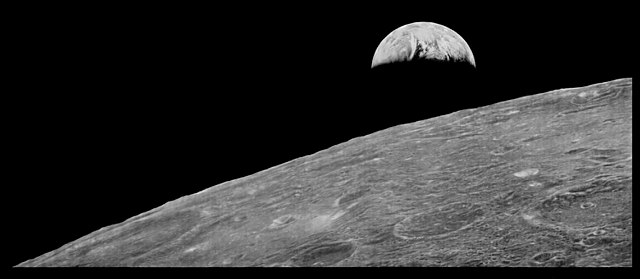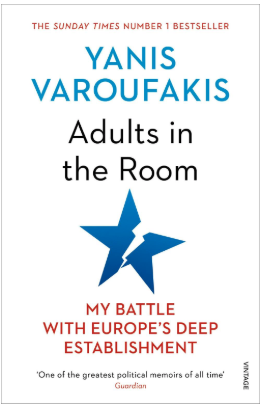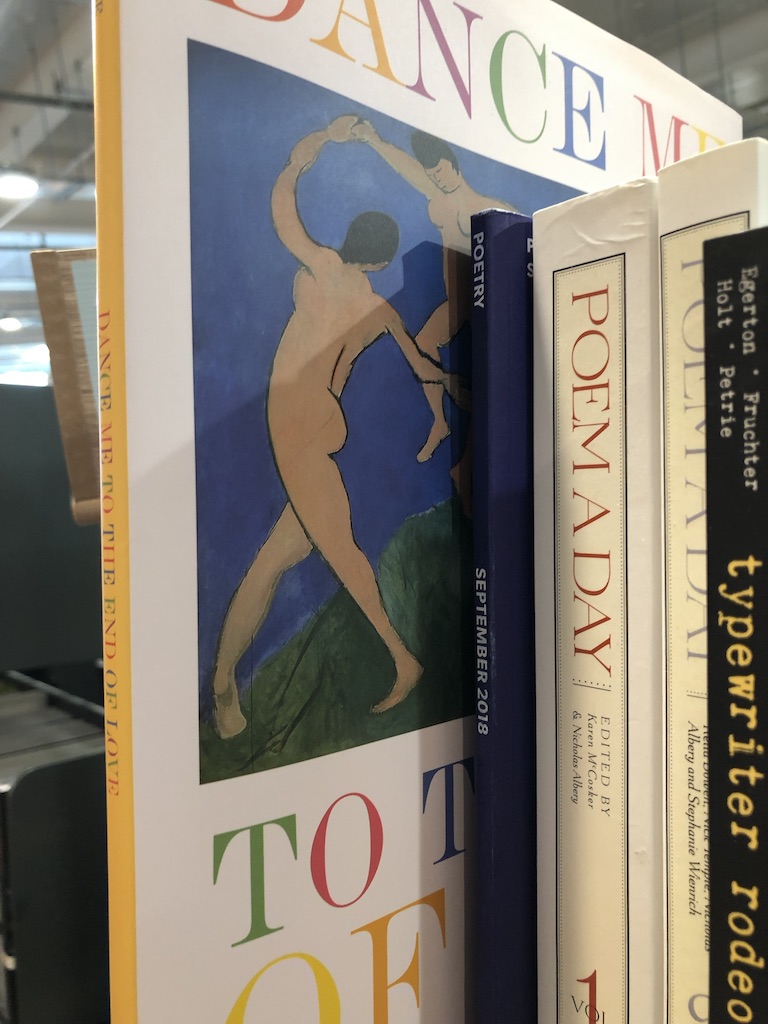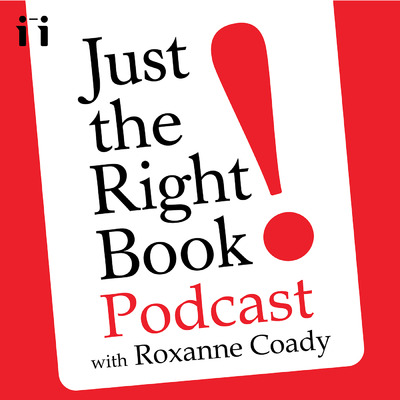Structural Differential — Alfred Korzybski.
Podcast
#278: Tim O’Reilly – The Trend Spotter The Tim Ferriss Show podcast
Tim O’Reilly: Let me go back to George Simon because a lot of what he taught was a kind of mental discipline that was rooted in a model of how consciousness happens. It was framed somewhat in the language of Alfred Korzybski’s general semantics. Korzybski drew this wonderful diagram – it was actually a tool he used to train people – that he called the structural differential.
Korzybski’s fundamental idea was that people are stuck in language, but language is about something. And so, he represented what he called the process of abstraction so that people could ask themselves, “Where am I in that process?” So, the first part of the structural differential was a parabola, and the reason why it was a parabola is because reality is infinite, but we can’t take in all of reality.
And so, hanging from the parabola was a circle, and the circle was our experience, which is our first abstraction from reality. And then, hanging from the circle are a bunch of label-shaped tags – multiple strings of them – and these are the words that we use to describe our experience.
Korzybski’s training was for people to recognize when they were in the words, when they were in the experience, and when they were open to the reality. George mixed that in with this work of Sri Aurobindo, who was an Indian sage, and had come up with a model that integrated a spiritual view of this, and a practice which was just listening and being open to the unknown.











